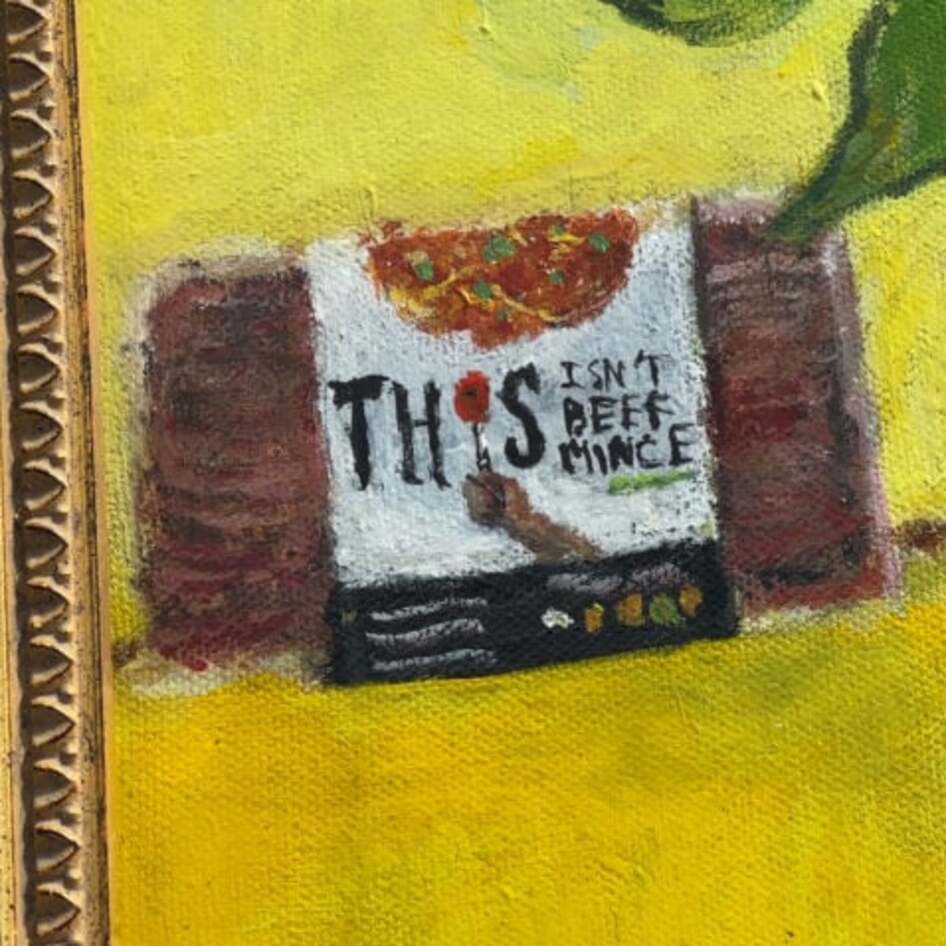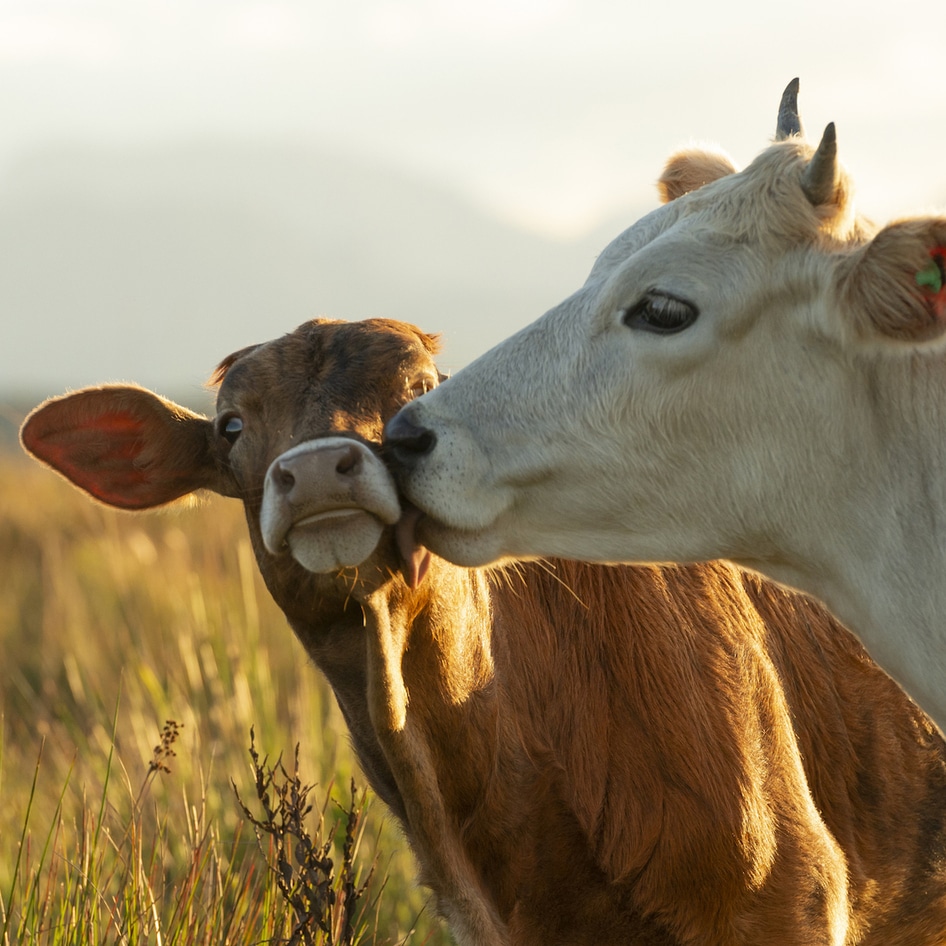Will the United States Abolish the Property Status of Animals?
A new political party is trying to pass an amendment that would grant legal personhood to all animals.
January 20, 2017
Is the United States one step closer to outlawing the ownership of another sentient being? VegNews spoke to former presidential candidate and CEO of the Humane Party Clifton Roberts on the likelihood of absolishing the property status of all animals.
Roberts on animal abolition …
In the historical context of slavery, the word “abolition” denotes a legal event formally ending the institution of slavery. This formal ending renders slavery a legal impossibility within the given jurisdiction—ie, abolishes slavery. In other words, abolition makes it legally impossible for one human being to “own” another human being. Historically, abolition has been achieved through the lawmaking process established by a given sovereign entity. In the context of the Humane Party—the United States’ first vegan, abolitionist political party—abolition will make it legally impossible for one sentient being to “own” another sentient being.
Roberts on the ramifications of the Abolition Amendment …
The Humane Party’s proposed Constitutional Amendment, if passed, would abolish the property status of any and all animals—not just that of humans. In so doing, the Abolition Amendment will put an immediate end to all remaining industries that are based on the killing and exploitation of all animals. Removing these inherently violent and oppressive industries and practices from our nation will represent the culmination of a political movement toward freedom and liberty that began more than 200 years ago in the US with the ratification of the 13th Amendment.
On December 6, the Humane Party published the final draft of the Abolition Amendment. Upon ratification, the Abolition Amendment will end the property status of all animals under US jurisdiction, thereby bringing an immediate end to the meat, dairy, egg, poultry, fish, leather, fur, vivisection, rodeo, and other violence-based industries. The Abolition Amendment marks a turning point for the animal-rights movement in the US by providing a common, concrete, articulated goal around which ethical vegans, animal protection advocates, environmentalists, and social justice activists from all walks of life can unite. Anyone can support the Abolition Amendment, regardless of personal background, ideological viewpoint, or political affiliation.
Roberts on what the Abolition Amendement says …
The text of the Abolition Amendment includes five sections. The first section extends the protections of the 13th Amendment to other animals, while the second and third sections address legal mechanisms—such as habeas corpus and guardian ad litem—for enforcing animals’ rights. The fourth section provides a framework for updating the definition of the word “animal” while also establishing clear boundaries for such modification, and the fifth section—similar to the final section of other Constitutional amendments—empowers Congress to implement additional legislation to further the substantive provisions of the article.
Roberts on Abolition Day …
Publication of the final draft of the Abolition Amendment coincides with the second annual celebration of Abolition Day, a national celebration created by the Humane Party so as both to commemorate ratification of the 13th Amendment—which ended human slavery—on December 6, 1865, and to promote ratification of the Abolition Amendment—which will end all slavery. The full text of the Abolition Amendment is available through social media.
Roberts on worldwide political parties working to end animal exploitation …
The US-based Humane Party is not alone in its quest to abolish the slavery of non-human animals. Political parties based on ethics and science are forming around the world to replace violence-based parties. Although the Humane Party is not affiliated with any of the other parties on this list and cannot vouch for them, their candidates, or their policies, these political parties do appear to be moving in the right direction as part of a global paradigm shift in what political parties are, what they do, and whom they represent. Here are links to several new political parties:
Australia: Animal Justice Party
Canada: Animal Alliance Environment Voters Party of Canada
Finland: Animal Justice Party of Finland
France: Le Parti animaliste
Germany: Partei Mensch Umwelt Tiersc
India: Animal Welfare Party of India
Ireland: Irish Animal Welfare Party
Italy: Partito Animalista Italiano
Netherlands: Partij voor de Dieren
Spain: PACMA—Partido Animalista
United Kingdom: Animal Welfare Party
Clifton Roberts is a vegan of nearly two decades, CEO of the Humane Party, and a former US presidential candidate who is passionate about protecting the most innocent beings on the planet, the deteriorating health of human beings, and the preservation of our air, land, and water resources.
JUMP TO ... Latest News | Recipes | Guides | Health | Shop







